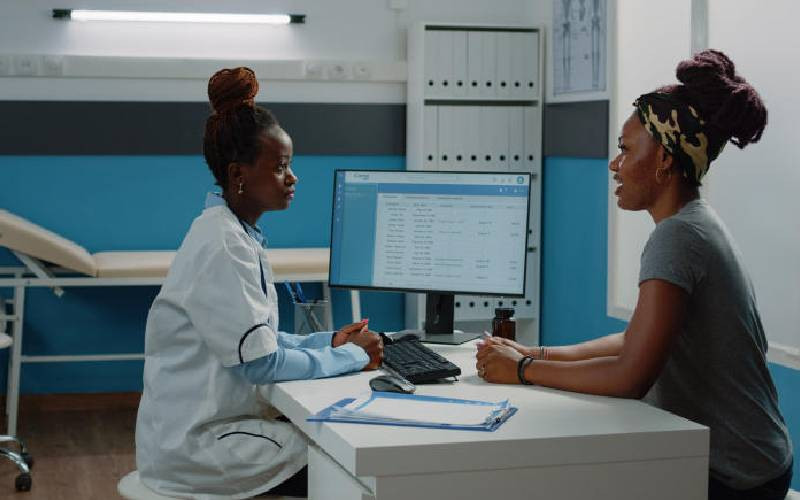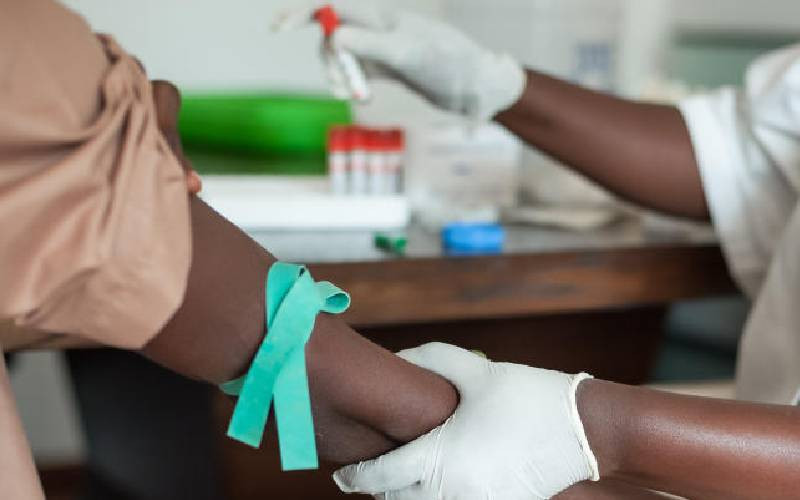The locally popular injectable birth control method, Depo Provera, has yet again been linked to higher HIV infections in women.
A new study presented at the International Aids Conference in Melbourne, Australia last Thursday, which had covered 37,000 women says the use of the injection puts users at a high risk of HIV infection.
Similar claims were raised three years ago from a study carried out in Kenya and six other African countries which claimed Depo Provera doubled the risk of being infected with HIV among users.
The study in Kenya had been carried out by the Kenya Medical Research Institute, Moi University and the University of Nairobi in collaboration with researchers from nine international universities.
The six-country study had engaged 3,790 women in Kenya, Botswana, Rwanda, South Africa, Tanzania, Uganda and Zambia, and advised them to use the injection together with condoms to protect against HIV infection.
However, the Ministry of Health with support from the World Health Organisation (WHO), had dismissed the findings and told Charles Morrison of FHI 360 presented results showing the hormonal contraceptive increases the risk of HIV acquisition compared to women not using this contraceptive or not using any at all. But in this study it was also indicated that another injectable NET-EN, also increases the risk of HIV infection.
Morrison and his team had looked at 18 studies involving 37,124 women from eastern and southern Africa. They found an increased risk of HIV infection among women using the injectable Depo Provera as well as NET-EN, but none among those using the pill.
The researcher said he is looking for more funding to do further research on the issue. During the same presentation, WHO maintained the injectables are safe and women should continue using them. Dr Mary Lyn Gaffield of the global health agency said reviews they had done earlier this year did not warrant a change of WHO guidelines on the use of the two products.
"We are strongly advising women using progestogen-only injectable contraception to also always use condoms, and other HIV preventive measures," say the current WHO guidelines which are also in use in Kenya.
But Kenya scientists did not take the WHO opinion kindly writing a rejoined in the scientific journal The Lancet, saying they stood by their findings and called for more studies to conclusively resolve the issue.
"While we are not sure of the scientific interplay between the hormonal contraceptive and HIV, our studies showed an increased risk of transmission which needs to be further investigated," Dr Nelly Mugo, one of the researchers from Kenyatta National Hospital had told journalists. She said the team stood by its earlier advice to women at a high risk of HIV infection to practice a contraceptive mix consisting of either a male or female condom.
 The Standard Group Plc is a multi-media organization with investments in media platforms spanning newspaper print
operations, television, radio broadcasting, digital and online services. The Standard Group is recognized as a
leading multi-media house in Kenya with a key influence in matters of national and international interest.
The Standard Group Plc is a multi-media organization with investments in media platforms spanning newspaper print
operations, television, radio broadcasting, digital and online services. The Standard Group is recognized as a
leading multi-media house in Kenya with a key influence in matters of national and international interest.











